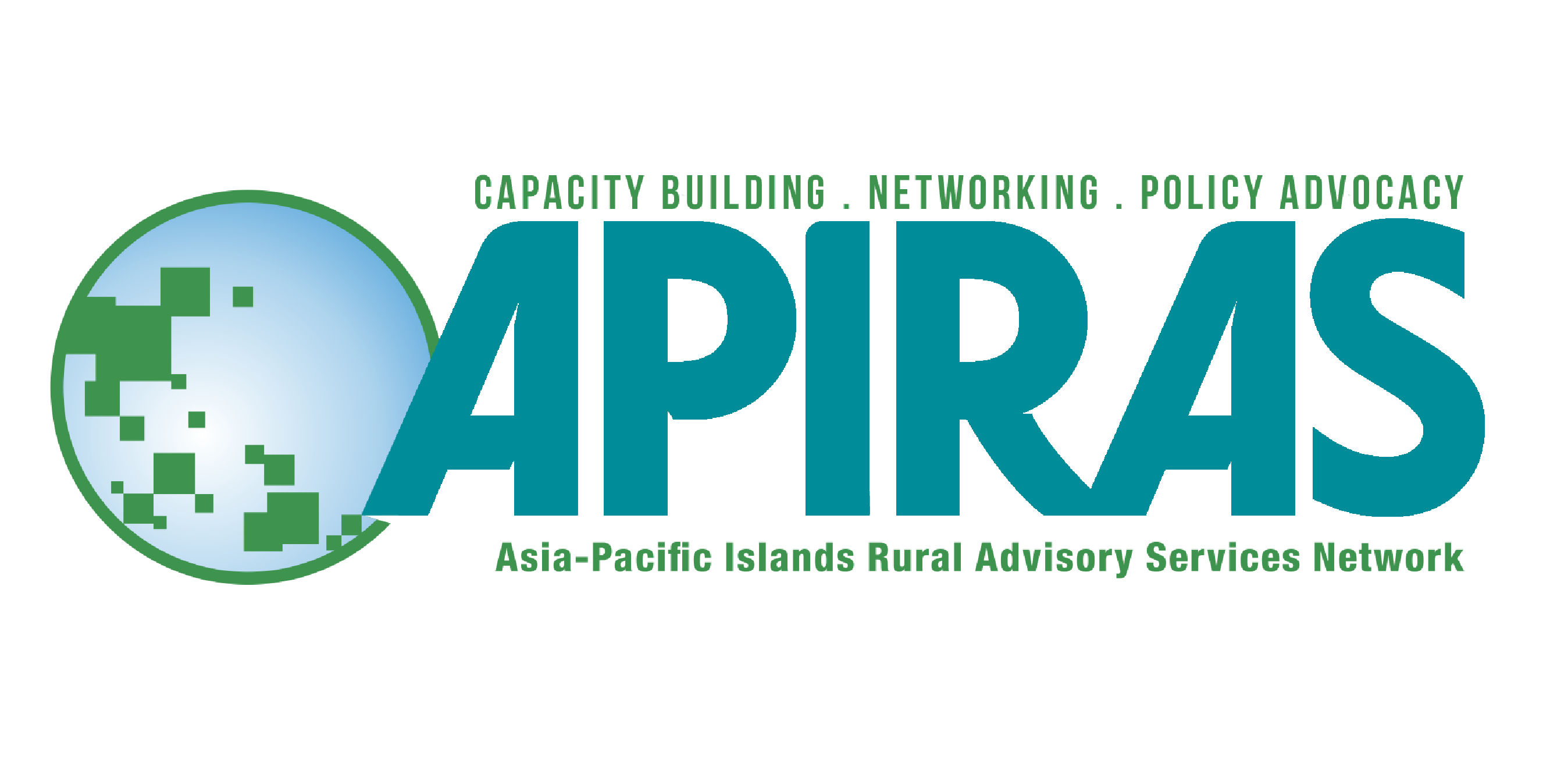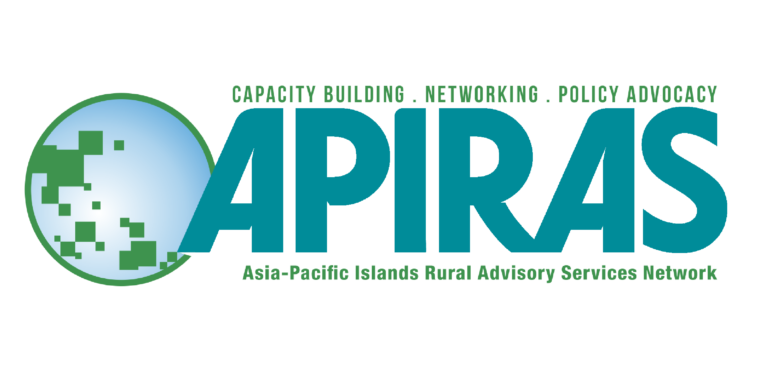July 2020, Southeast Asia
THE Southeast Asian Regional Center for Graduate Study and Research in Agriculture (Searca) is urging the government to tap the “intellectual capital” of higher education institutions (HEIs) to boost food security and economic recovery by fostering a “knowledge economy (KE)” amid the coronavirus disease 2019 (Covid-19) crisis.
The top 10 countries in 2008 that have high knowledge economic index (KEI) based on a criteria of the World Bank Institute are Denmark, Sweden, Finland, the Netherlands, Norway, Canada, Switzerland, the United Kingdom, the United States and Australia. The Philippines ranked 79.
KEI measures the conduciveness of an environment to use knowledge for economic development. It maximizes use of human capital to enrich productivity and aid food production, and the manufacturing and services industries.
“A country like the Philippines needs an adequate cadre of researchers who appreciate the need to shorten the gap between research productivity and its translation to economic development,” the Food Security Amid the Covid-19 Pandemic (FSACP) report said.
“Various modalities of academe-industry-government interconnectivity models need to be explored,” the report added.
The FSACP recommendations are being pushed by Searca Director Glenn Gregorio and Rico Ancog who is also with the University of the Philippines Los Banos (UPLB).
Their recommendation is for HEI’s human capital to contribute to the development of priority areas relevant to four pillars of food security: food availability; access to food; stability of food supply; and utilization of food for nutrition, health and safety.
To foster this advanced KE economic phase, Searca stressed that “incentives” must be given so intellectual capital in HEIs, such as faculty and researchers, can generate commercialization tools that will meet Filipinos’ imminent needs — food security, in particular, amid the Covid-19 pandemic.

